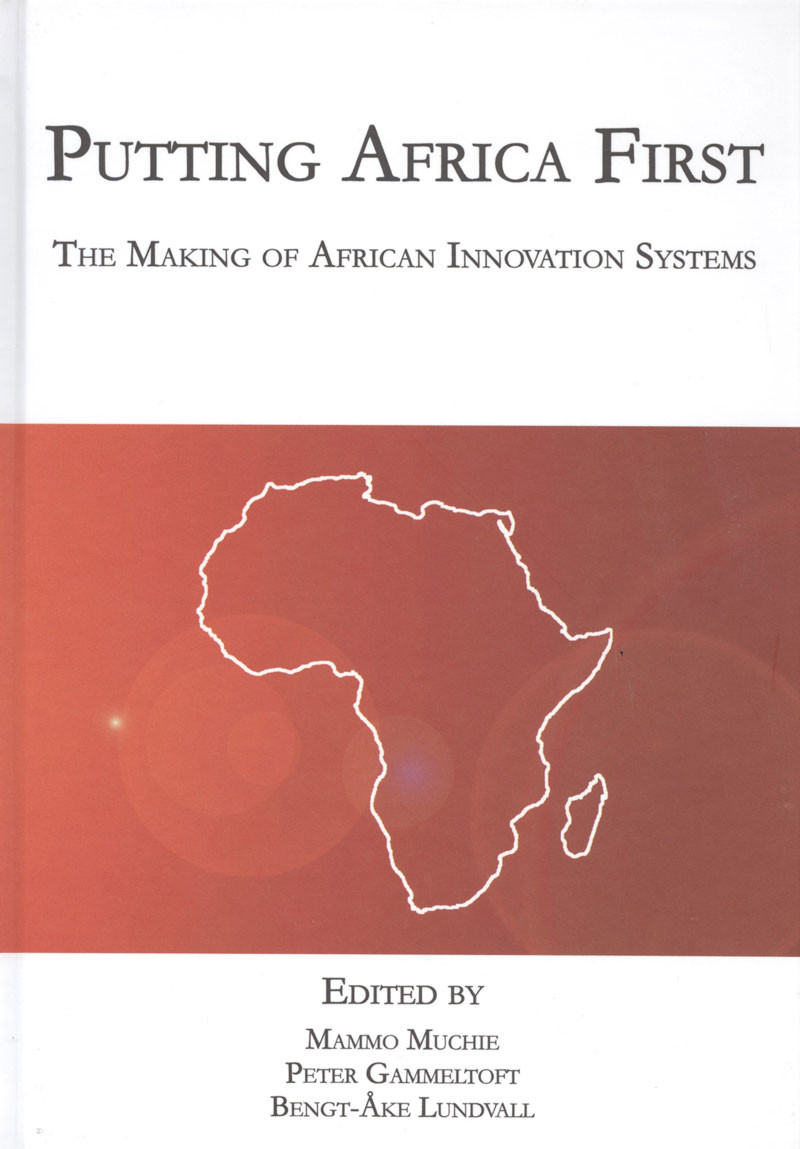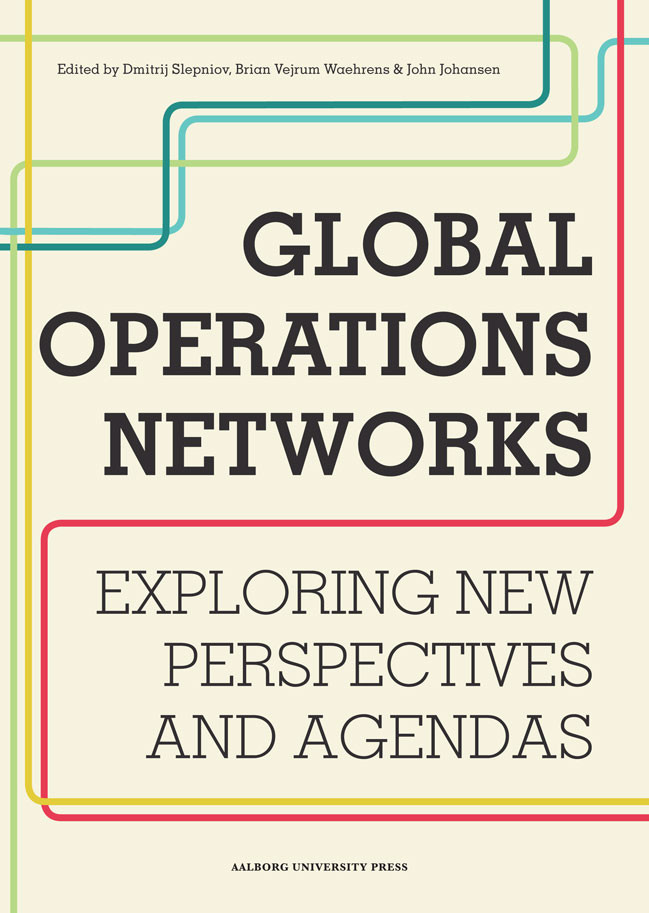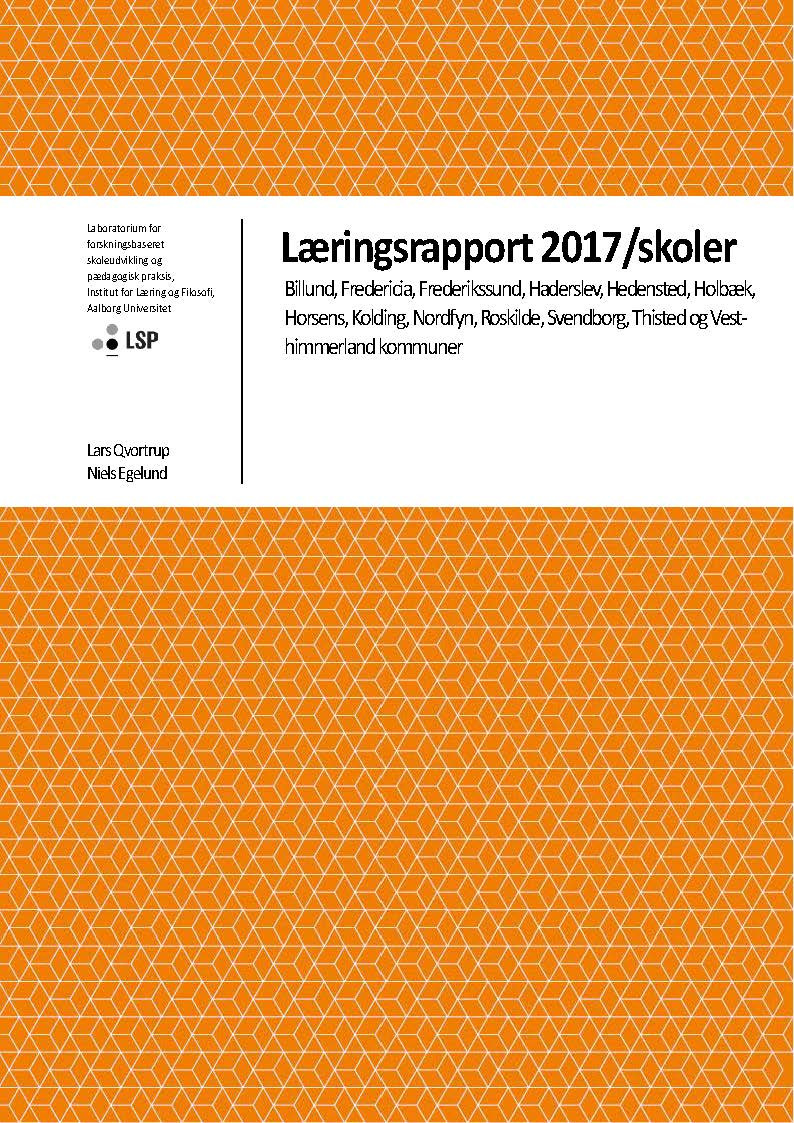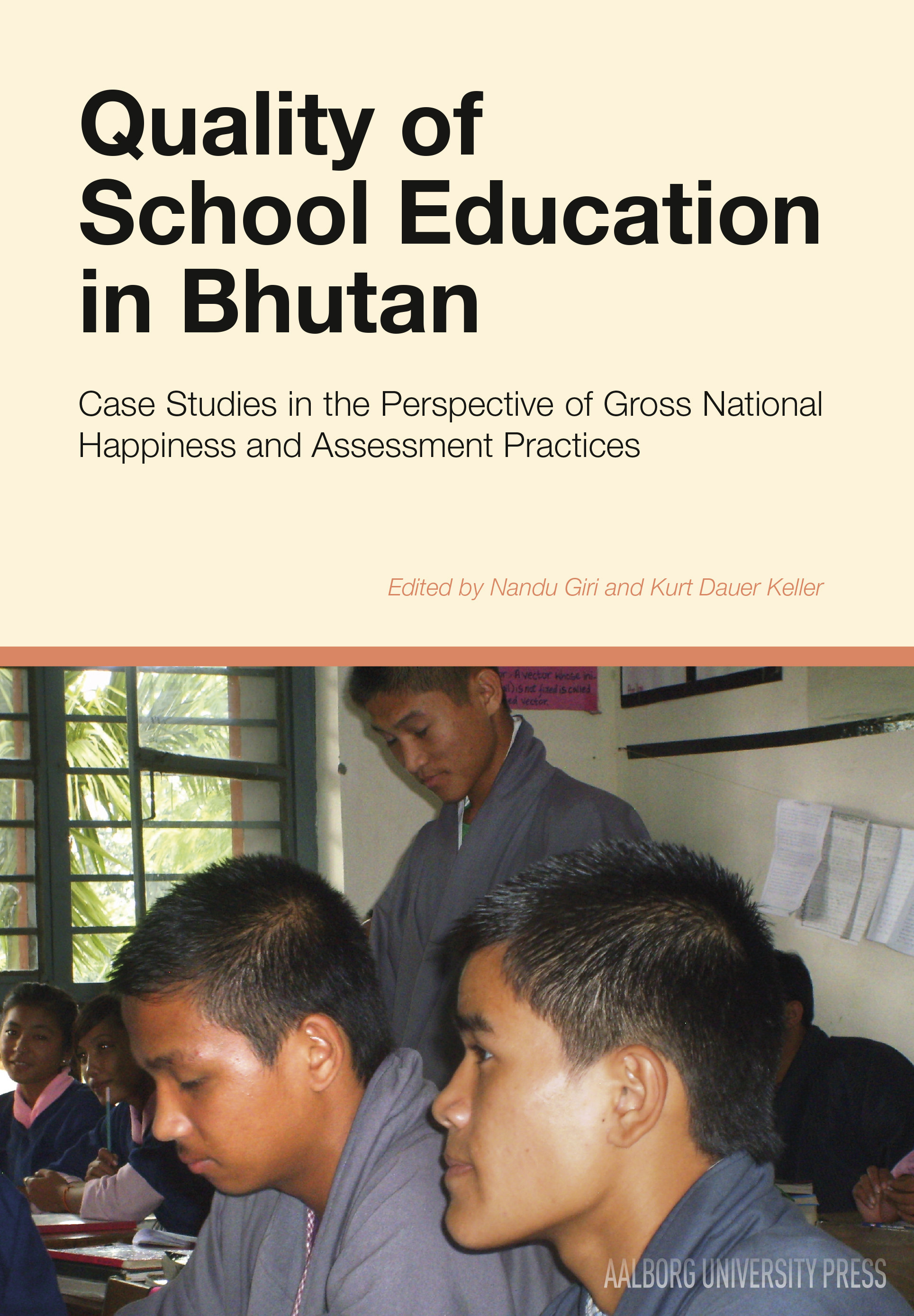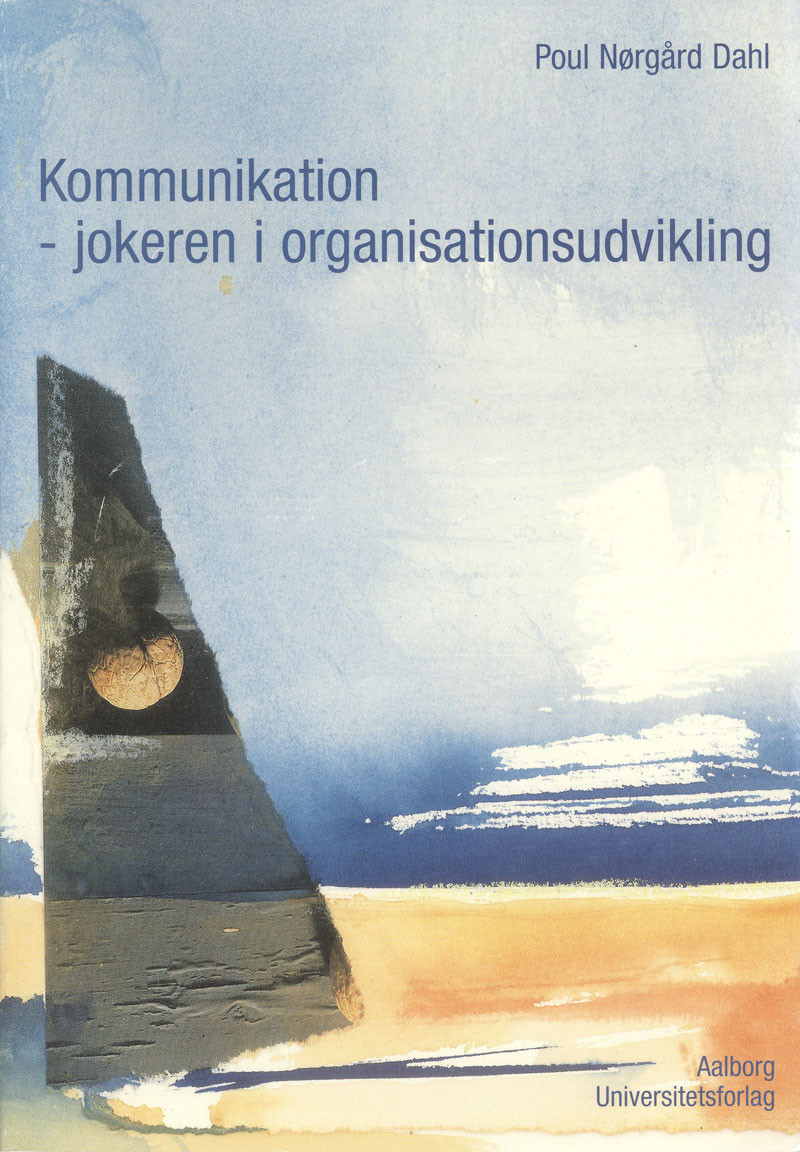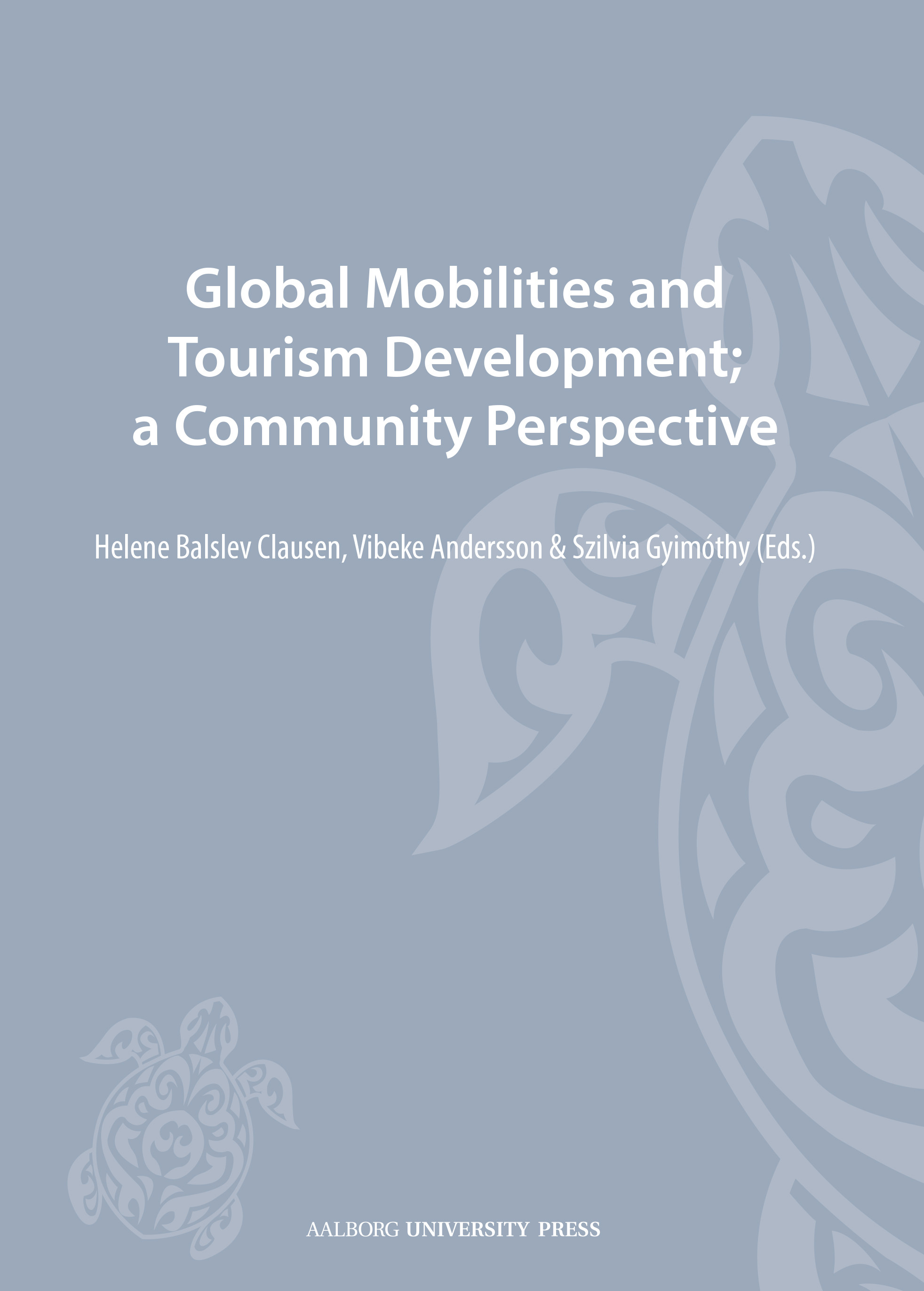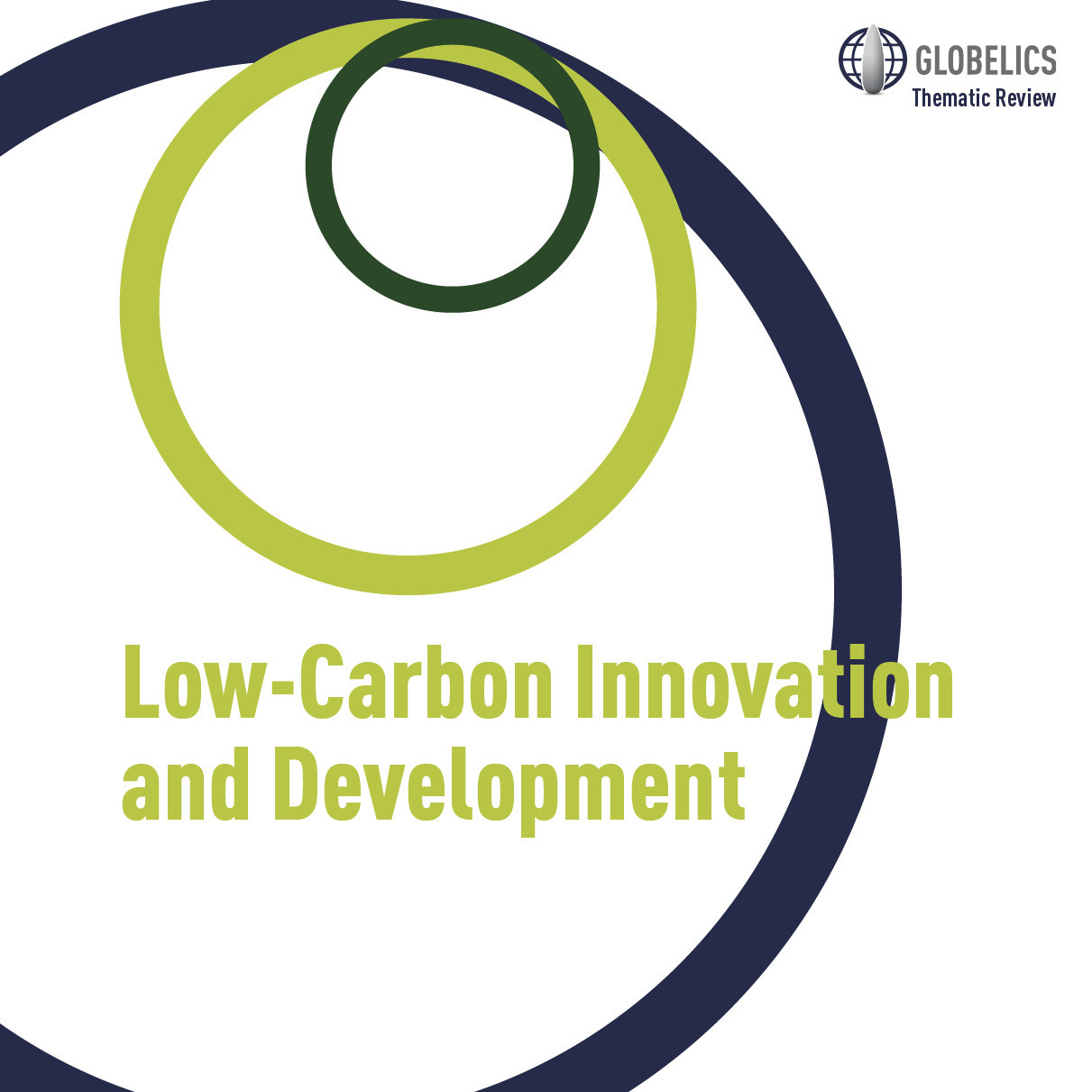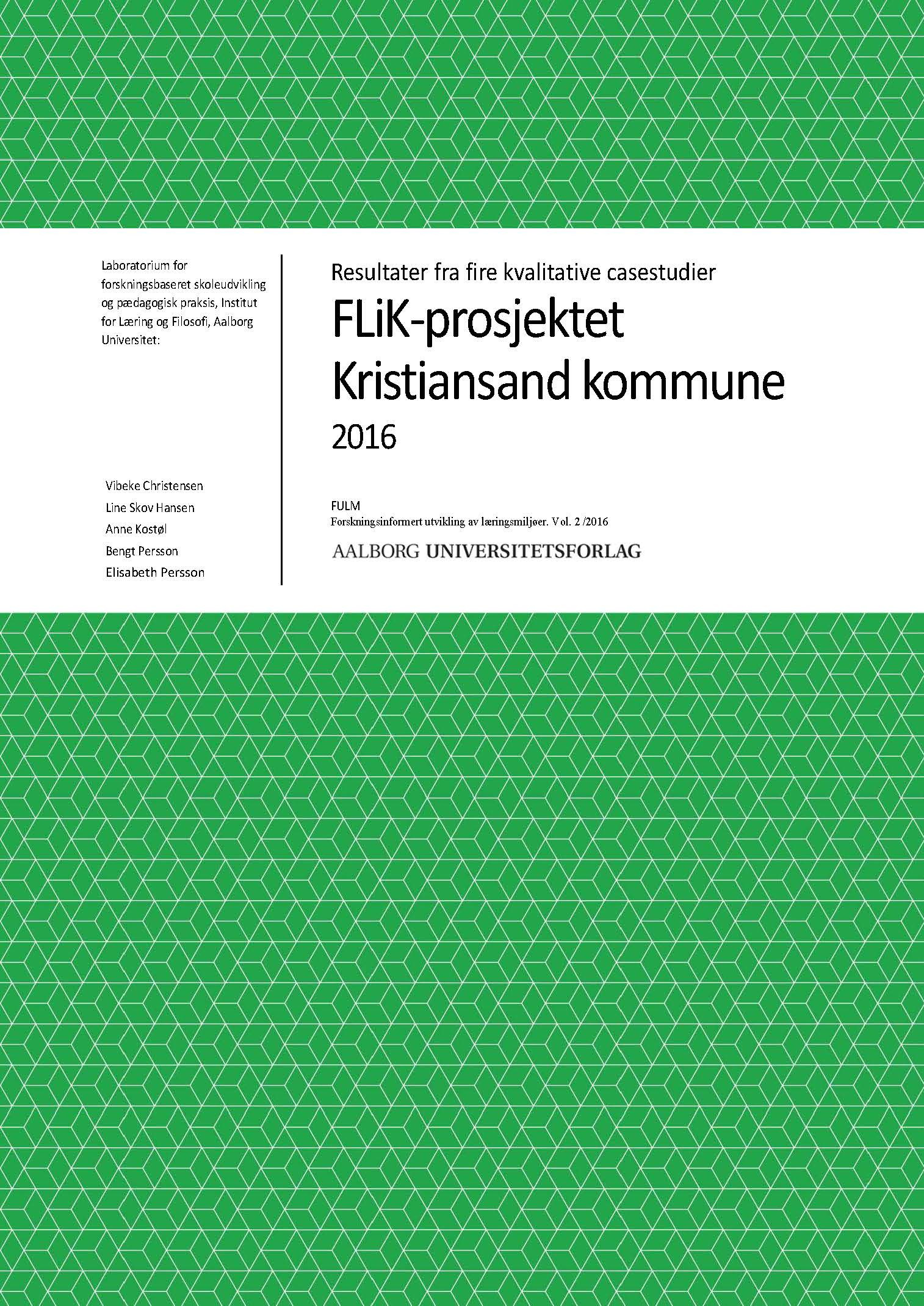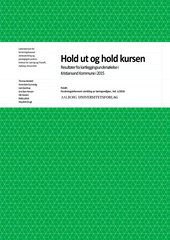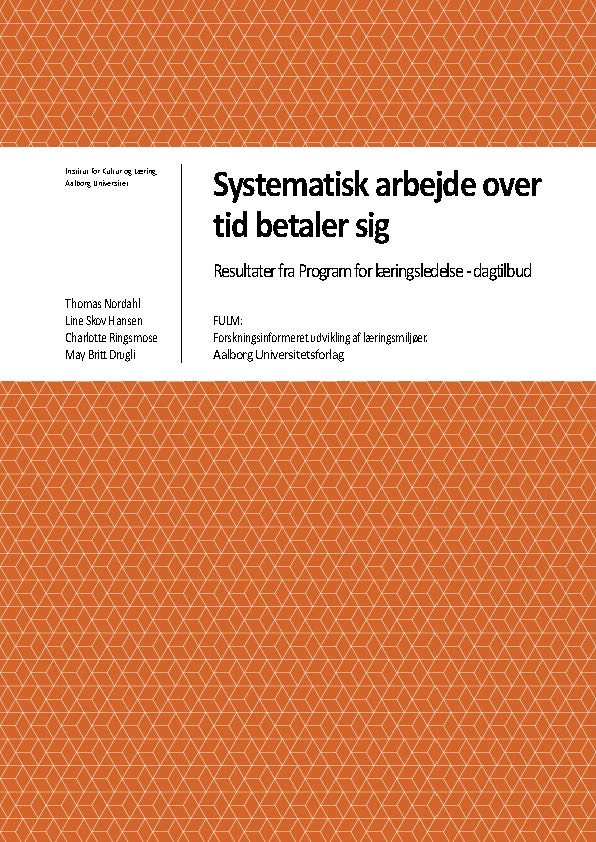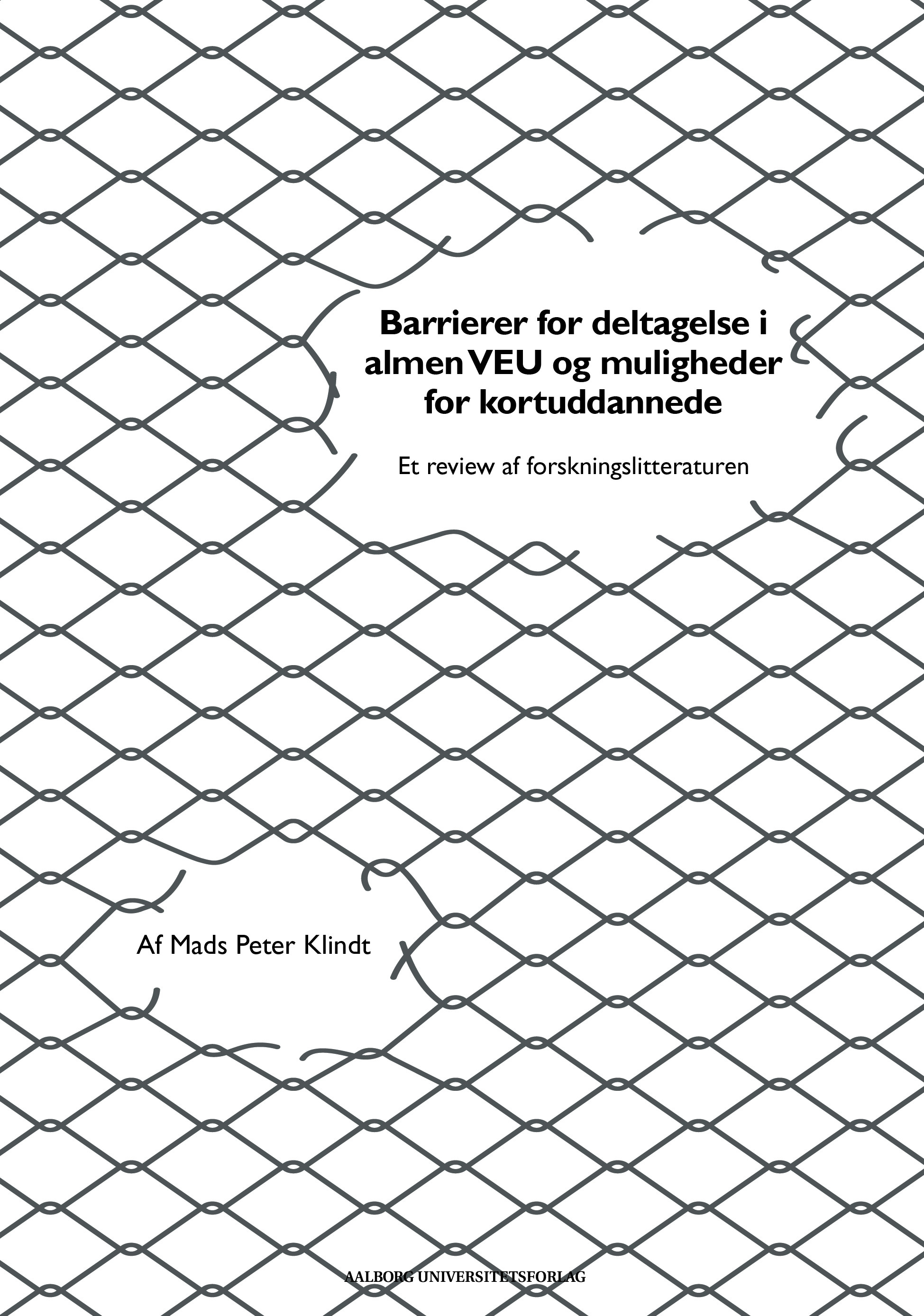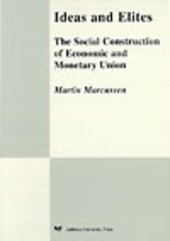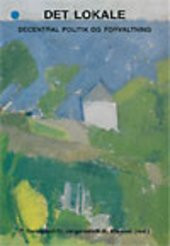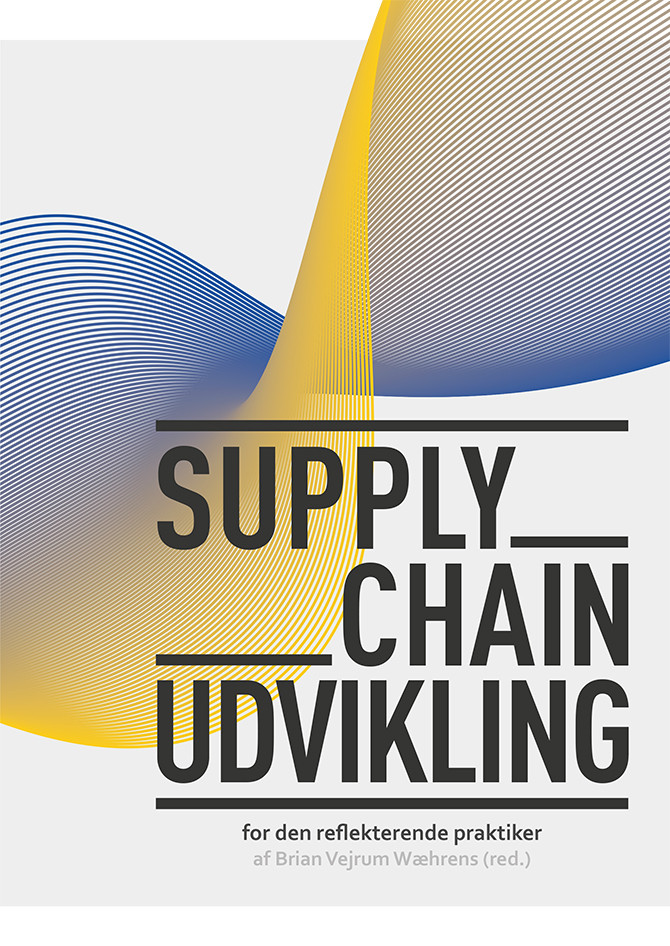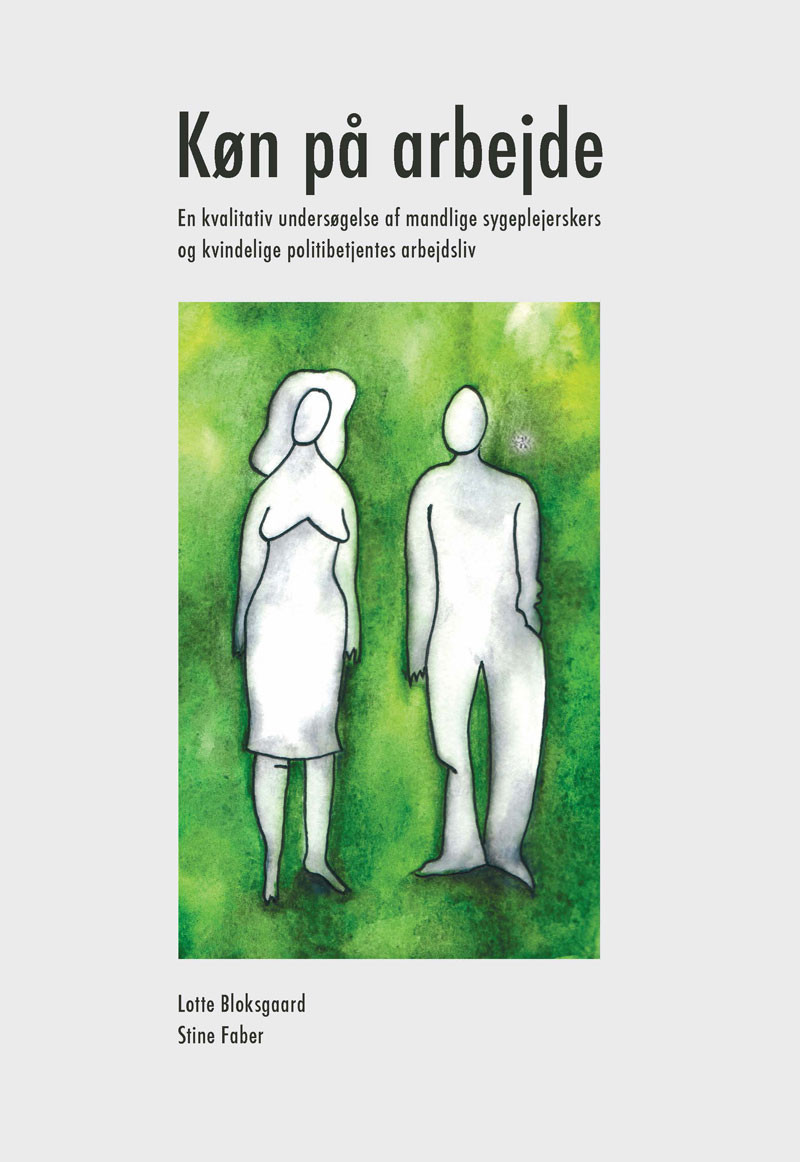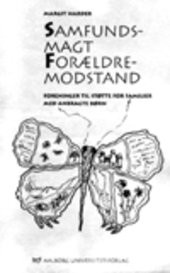Natural resources, innovation and development
Af forfatter allan dahl andersen , björn johnson , anabel marín , dave kaplan , lilia stubrin , bengt-åke lundvall , raphael kaplinsky
In this Globelics Thematic Review, the author team presents and discusses recent research on the relationships between natural resources, innovation and development, and suggests some implications of this body of knowledge for policy makers. The Review sets out to explore three interlinked questions with a particular focus on innovation and industry dynamics. First, to what extent is it currently possible for a country to develop on the basis of natural resources? Second, what are the main underlying mechanisms of resource intensive development paths? Third, how can such mechanisms be supported politically? The Globelics review considers a range of contemporary and historical studies and diverse theoretical positions concerning resource intensive development paths. The intention is to make it easier for analysts and policy makers to learn both from countries that in the past have succeeded in transforming their natural resource wealth into long-term development and from recent obstacles to resource intensive development encountered by some developing economies. The review furthermore considers whether a resource intensive development path is more or less environmentally sustainable than other forms of industrial specialization.
-
In this Globelics Thematic Review, the author team presents and discusses recent research on the relationships between natural resources, innovation and development, and suggests some implications of this body of knowledge for policy makers. The Review sets out to explore three interlinked questions with a particular focus on innovation and industry dynamics. First, to what extent is it currently possible for a country to develop on the basis of natural resources? Second, what are the main underlying mechanisms of resource intensive development paths? Third, how can such mechanisms be supported politically? The Globelics review considers a range of contemporary and historical studies and diverse theoretical positions concerning resource intensive development paths. The intention is to make it easier for analysts and policy makers to learn both from countries that in the past have succeeded in transforming their natural resource wealth into long-term development and from recent obstacles to resource intensive development encountered by some developing economies. The review furthermore considers whether a resource intensive development path is more or less environmentally sustainable than other forms of industrial specialization.
-
Antal sider
154
isbn
978-87-7112-367-8
Udgave
1. edition
Udgivelsesår
2015
-
Filnavn Download
